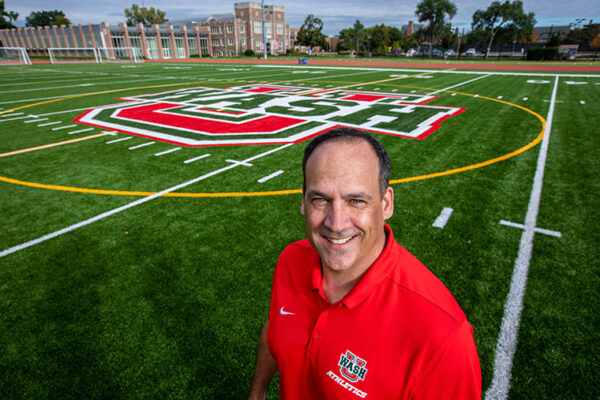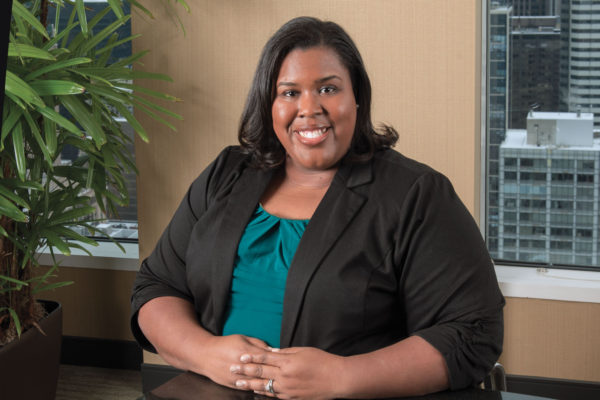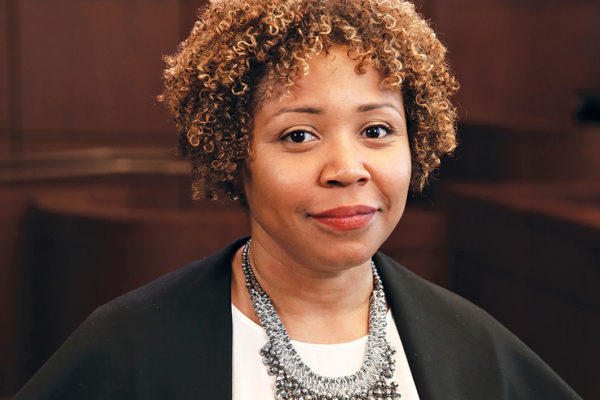As an undergraduate studying finance and computer science, JD Ross ran not one but two companies. As a first-year student, Ross started Fresh Prints, a custom apparel company, and he bought UTrucking, a moving and storage company that other WashU students had started as part of the Student Entrepreneurial Program.
“That’s when I was first became very clearly interested in applying finance and computer science to an entrepreneurial track,” says Ross, BSBA ’11, BS ’11, who received two scholarships to attend Washington University. “And I wanted to see how I could apply technology to make business better.”
While juggling a 21-credit course load, Ross also found success with his two business ventures. By the time he graduated, Fresh Prints was doing a couple of million dollars in sales per year. And UTrucking had more than doubled in size, with about half of all students who lived outside a 150-mile radius using the company.
Ross learned a lot of lessons while running both businesses. The most important one, he says, was to be “customer-obsessed.”
“I think people really undervalue the amount of talking to customers they should be doing. As a founder, you have to spend all your time doing one of two things,” Ross says. “Either you’re talking to customers or you’re building the infrastructure of your company.”
Despite these demands, Ross interned the summer after his sophomore year with Addepar, a financial technology startup. He added so much value that the company kept him on throughout the rest of his college career.
“I was flying back and forth from San Francisco and doing all these conference calls between classes,” Ross recalls. “It was getting ridiculous.” That spurred Ross to graduate early.
He graduated in December 2011. At Addepar full time now, he led the product team. In less than two years, he became the vice president of product.
About six months into his job at Addepar, Ross started talking with Keith Rabois, a former senior executive at PayPal and Slide, about why real estate was broken.
“Why do people think that selling their home is comparable to divorce or bankruptcy in terms of painfulness?” Ross remembers discussing. “What would a one-click move look like?”
The answer was Opendoor, an online marketplace that buys homes instantly without a real estate agent, open houses or hassle. After the owner moves out, Opendoor sells the house, also without real estate agents. Instead, prospective buyers with the app show themselves Opendoor houses by unlocking the home from their phone.
The idea was revolutionary — but didn’t catch on.
“There wasn’t customer demand,” Ross says about the startup, which he, Rabois, Ian Wong and Eric Wu launched in 2014. For Ross, though, this wasn’t a problem. “We knew if we did this right, if we presented it right, people would want it.”
Ross’ customer obsession took over as he marketed the idea of Opendoor and got people comfortable with a new way of selling their homes. Others on his team created a property valuation methodology that is the most accurate of any out there commercially or in academic papers.
Ross’ efforts earned him a spot on Forbes’ 2017 30 Under 30 list, since now, more than half of Opendoor offers to buy a home are accepted. As the company grows, Ross says that the only constant is change.
“Every 12 months, you’re going to be running a different company,” Ross says. “Elon Musk said that running a company is like chewing glass and staring into the abyss, and he’s not wrong.”
But Ross thrives on the uncertainty and rapid change, and his time at WashU is a major contributor to that. “I think being an entrepreneur by definition means you’re a bit of a rascal,” he says. “And there are institutions that try to beat that out of you and those that try to foster it. WashU, at every step, fostered my entrepreneurial inclination. And I’m endlessly grateful for that.”



